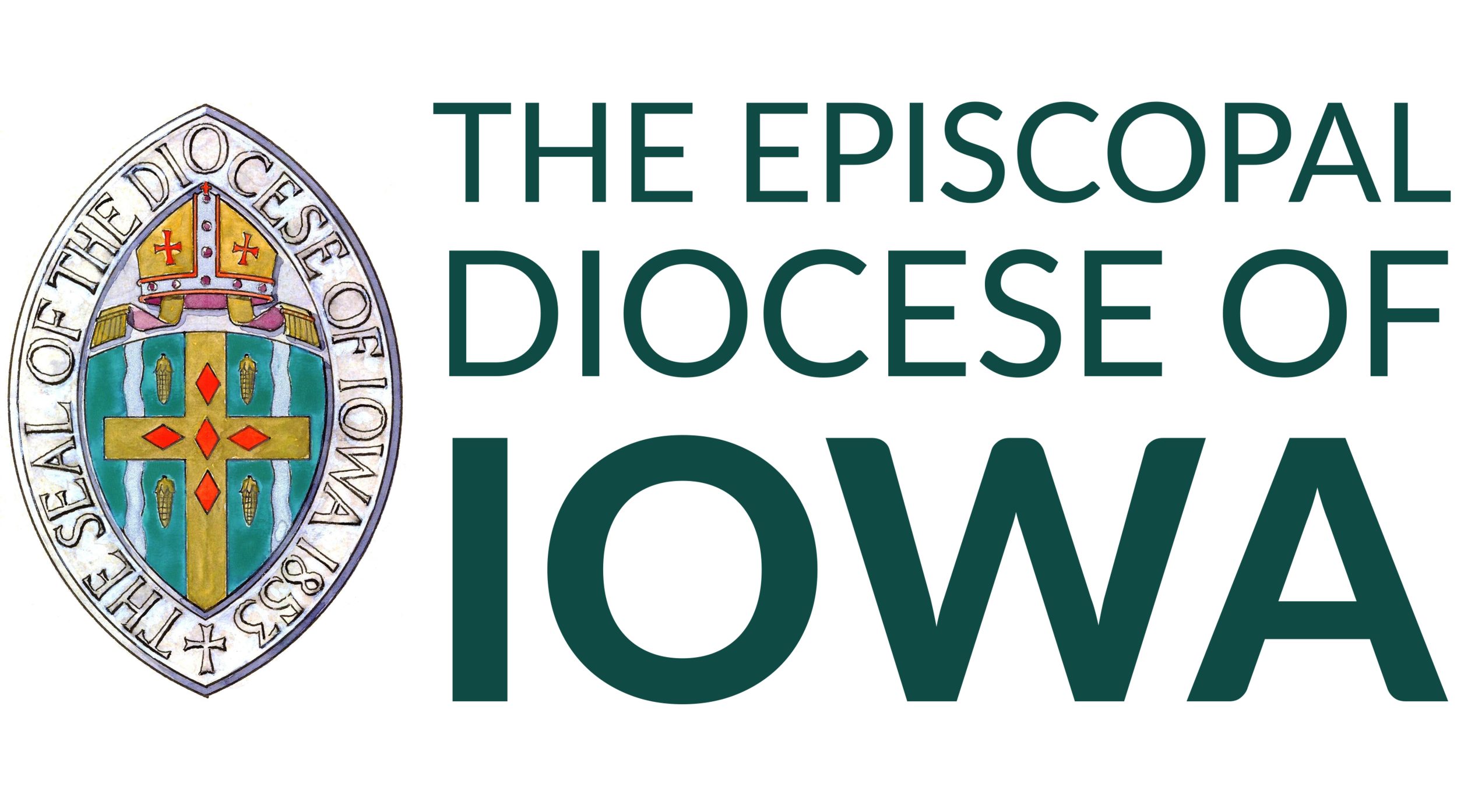February 2025 e:News: From Bishop Monnot
“Changing Direction: Moving Where the Spirit Calls Us”
Have you ever set out to go someplace and then discovered that you were heading in the opposite direction? Or thought that you were going to do a particular thing, and then wound up doing something completely different?
When Paul and his companions set out as recorded in Acts 16:6-15, they had a plan about where they intended to go in order to preach the gospel and teach people about Jesus. Instead, they wound up going in the opposite direction, heading toward the Roman colony of Philippi in Macedonia, because they came to believe that was where God was calling them to go. They even had a favorable wind behind them when they set sail in the direction opposite the one they had originally intended, as though the breath of the Holy Spirit was blowing them to the city where God wanted them to preach.
I think this may be what is happening to the church. Over the past several decades our numbers have declined—and this is true across all churches, not just The Episcopal Church or mainline denominations, but all churches. We have created various efforts and initiatives to reverse the decline. There was the “Decade of Evangelism” in the 1990s and the “2020 Vision” which was supposed to double the size of The Episcopal Church by 2020; The Episcopal Church sponsored a national advertising campaign. None of these things have reversed the decline: we are still shrinking.
I have to wonder if we are like Paul and his companions: we have set out to go in one direction (numerical growth), but in fact we are called in a different, and apparently opposite, direction. What if God is calling us not to grow bigger but instead to grow deeper and broader? And what if this deepening and broadening is in an unfriendly cultural context, like the Roman colony of Philippi where Paul and his companions went not long after the Roman Empire had crucified Jesus?
What might that deepening and broadening look like? We are each individually called to be disciples of Jesus. Engaging in personal spiritual practices like Centering Prayer, Lectio Divina, or the Daily Office can help us to grow deeper.
Similarly, our congregations are called to be gatherings of disciples of Jesus where we come together support one another on our journeys, to pray together, and to prepare ourselves to go out into the world following our path of discipleship. This is both deepening and broadening—deepening as we grow spiritually deeper together, and broadening as we learn to go out into the world as disciples, loving God and loving our neighbors, feeding the hungry, clothing the naked, welcoming the stranger, all while we are looking for others who are already doing God’s work so that we can join in with them.
Although we are not traveling across a geographical area to a hostile city like Paul was, we do appear to be moving into an increasingly hostile time in history for Christianity as we understand it. For decades, our culture has been moving away from traditional Judeo-Christian values like justice, mercy, and the intrinsic belovedness of every human being. We are too often captured by a small-minded fearfulness that inspires us to hoard resources for ourselves and to build up walls, both literal and figurative, to keep out the “other.”
As disciples of Jesus, we promise to strive for justice and peace among all people and respect the dignity of every human being. This promise includes justice and peace for our neighbors who may be refugees or asylum seekers, or who may be undocumented. We promise to seek and serve Christ in all persons, which includes LGBTQIA+ persons whose right to live their lives in fullness in the way that God created them is being threatened by governmental policies.
Earlier this week I sent out a letter with specific resources and information about how we are called to be church during this time when many of our immigrant neighbors are being targeted by law enforcement. You can find a link to that letter here.
Lent is coming soon, and I invite you, as you consider what your Lenten discipline might be, to keep in mind that sometimes the Holy Spirit blows us opposite from the direction that we might think we want to go. Sometimes the Holy Spirit blows us Into what feels like a hostile situation. We, as Christians, find strength and power in prayer, in spending time with one another in worship and in social time, and in engaging in practices that connect us more deeply to God.
So this Lent, consider trying a different discipline than you have ever tried before. Ask yourself whether the Holy Spirit may be calling you in the opposite direction than you had planned to go. Let your discipline be something that deepens your connection with God, as we move into a time of increasing cultural hostility toward us and toward other mainline denominations of Christianity. Let it be something that leads you to broaden your impact in the world as a disciple of Jesus, loving God and loving your neighbor, looking for places that God is already working and learning how to join in.
Paul and his companions were transformed as they had experiences they never expected and met people of deep faith who had as much to teach as to learn. We, like them, will be transformed when we can learn to let go of the direction we intended to go and let the Holy Spirit guide us to new places.
Yours in the abundant life of Christ,
+Betsey
The Rt. Rev. Betsey Monnot, Bishop of the Episcopal Diocese of Iowa

